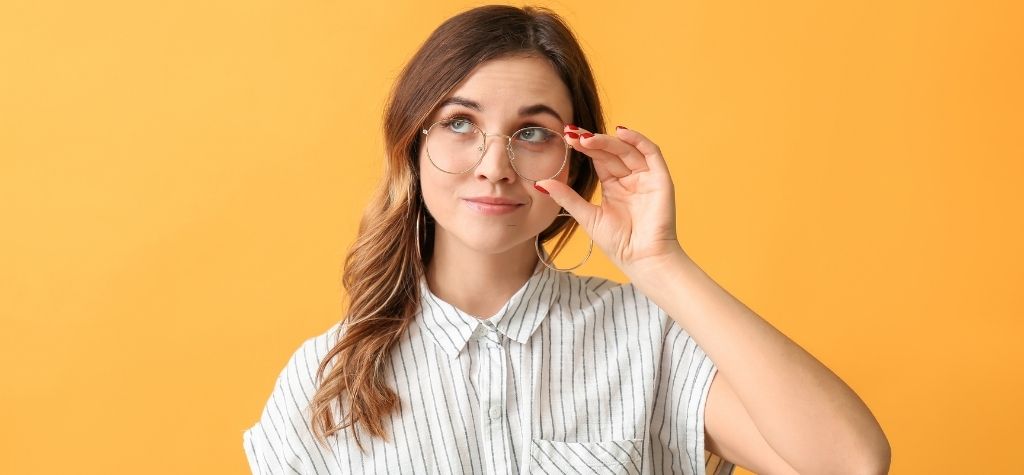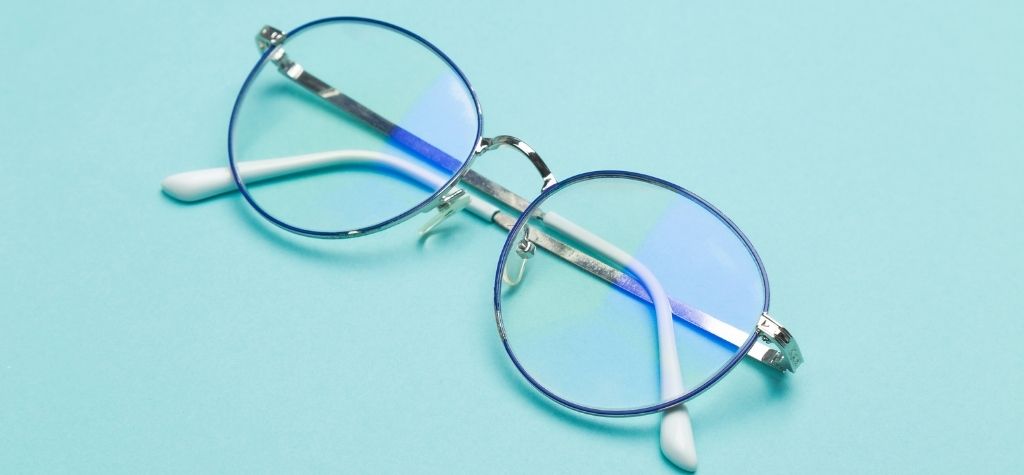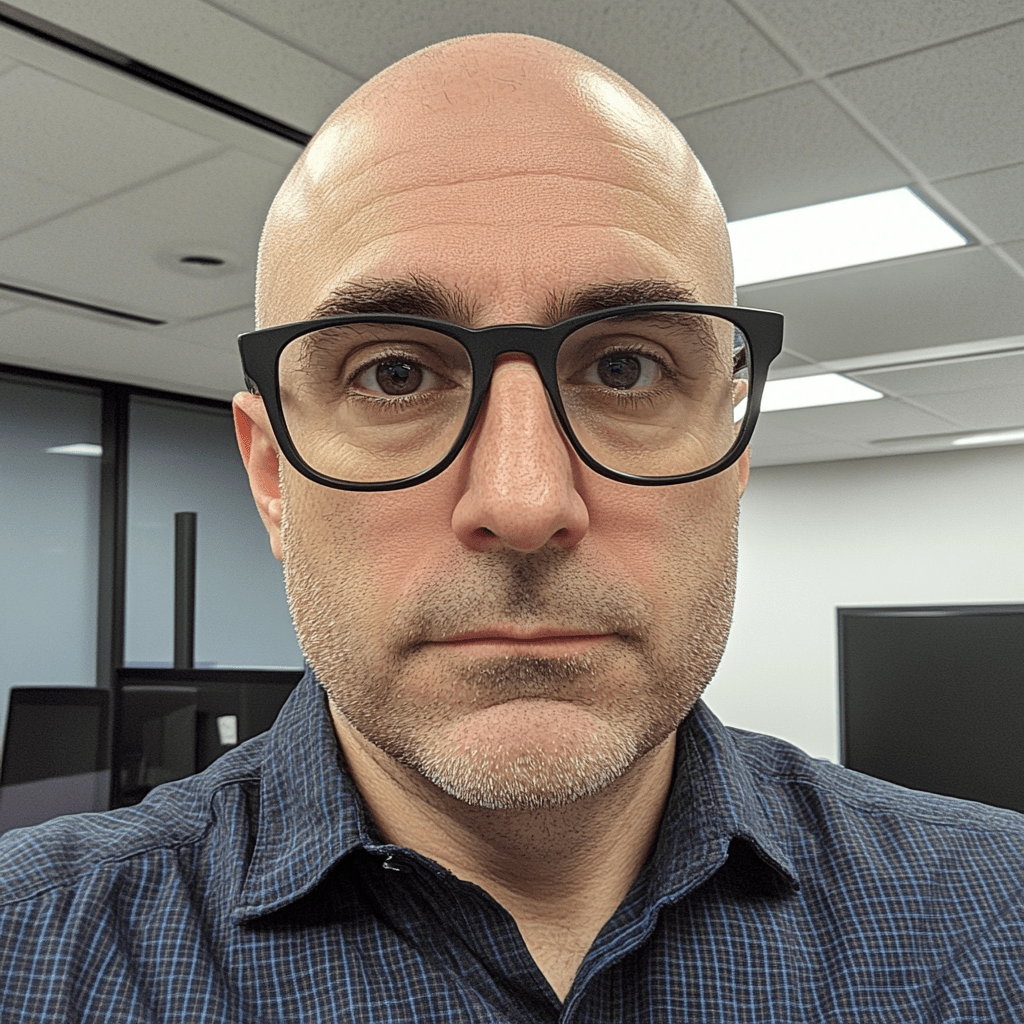Why Glasses Are More Than Just Vision Correction
Glasses are often seen as a simple tool to help us see clearly. But dig a little deeper, and you’ll find that they impact how we feel, act, and are perceived by others. From boosting self-esteem to shaping public opinion, eyewear does more than meets the eye.
Today, nearly 75% of adults use some form of vision correction. As glasses become more common, so do intriguing—and sometimes bizarre—theories about their effect on our lives.
Let’s explore 9 wild glasses-related theories that just might have a ring of truth to them.
Theory 1 – Wearing Glasses Makes You Look Smarter

We’ve all heard it: glasses = intelligence. But is there any truth?
What Studies Suggest:
Social psychology research consistently shows that people wearing glasses are often judged as being more intelligent, reliable, and competent.
Why? Partly because we associate glasses with studying, academia, and professionalism.
In one study, job applicants wearing glasses were rated higher in intelligence than those without—even when qualifications were identical.
Theory 2 – Glasses Can Change Your Personality
Some people report feeling bolder, more introverted, or even more stylish after switching frames.
Possible Causes:
- Boost in self-confidence with the right look.
- Feeling self-conscious if unsure about appearance.
- Reinforced identity (e.g., “the artsy one” or “the geek”).
Glasses can act as subtle identity shapers. They’re both fashion and function—and that changes how we interact with others.
Theory 3 – Your Glasses May Be Aging You
Some glasses wearers complain they look older than their peers. Could your frames be aging you?
Here’s What Matters:
- Thicker frames can highlight facial lines.
- Metallic or sharp styles might harden your features.
- Outdated designs signal a lack of style awareness.
Switching to modern, face-flattering frames can instantly update your appearance.
Theory 4 – Blue Light Glasses Can Improve Sleep

Blue light blocks melatonin, your sleep hormone. Theory says: wear blue light glasses, sleep better.
What Research Says:
- Some studies show improved sleep quality when blue light exposure is reduced.
- Others say more research is needed to prove effectiveness long term.
- Anecdotal evidence is strong—many users swear by them for winding down at night.
Bottom line: they might work, and there’s no harm in trying.
Theory 5 – Some People Wear Fake Glasses for Fashion Power
Not everyone wearing glasses needs them. Many buy non-prescription eyewear just for looks.
Why?
- Eyewear is a fashion category now.
- Celebrities and influencers sport fake specs.
- Glasses add sophistication, edge, or quirk depending on design.
It’s like wearing a hat or earrings—except it also influences how others see you.
Theory 6 – Wearing Glasses Might Prevent Face-Touching
One lesser-known theory that emerged during the pandemic: glasses make you touch your face less.
Data Points:
- CDC encouraged glasses wearers to stick with them for reduced contamination.
- Studies during COVID found glasses could reduce eye-touching habits by up to 30%.
Glasses act like a barrier or subconscious reminder—not a foolproof shield, but still helpful.
Theory 7 – Your Glasses Could Affect Job Interviews

This one’s wild but has some logic: glasses might help—or hurt—you in interviews.
Factors Involved:
- Positive bias toward glasses = trust and professionalism.
- Negative bias = aloofness, reduced eye contact.
- Fit and cleanliness matter—dirty or oversized glasses can distract.
Best approach: wear frames that match your face, personality, and industry vibe.
Theory 8 – Glasses Might Be a “Social Shield”
Many people say they feel less anxious or more “protected” while wearing glasses.
This Theory Suggests:
- Glasses provide a sense of distance or cover.
- They reduce direct eye contact anxiety.
- They can signal “don’t disturb” to others, especially introverts.
It’s a comfort object in disguise, and one that’s socially acceptable.
Theory 9 – Smart Glasses Will Replace Smartphones Someday
From sci-fi to Silicon Valley, the theory that smart glasses will eclipse phones is gaining steam.
Evidence in the Real World:
- Companies like Meta, Apple, and Google are developing AR glasses.
- These devices already handle navigation, calls, and notifications.
- Glasses offer a hands-free, heads-up experience.
The day when your glasses are your screen might not be far off.
The Science vs Myth Debate
Some of these theories are well-documented; others are still anecdotal or awaiting deeper study. But all of them speak to the deeper role glasses play in modern life—not just in how we see, but how we’re seen.
Cultural Beliefs About Glasses Around the World

In Japan, glasses symbolize diligence. In South Korea, they’re a beauty trend. In Western media, they’re both geeky and chic.
From superstition to social status, cultural beliefs about glasses vary—yet almost all carry a deeper meaning beyond eyesight.
FAQs on Glasses Myths and Theories
Q1: Are glasses really perceived as making people smarter?
A: Yes—multiple studies confirm this perception bias.
Q2: Can glasses change your self-image?
A: Definitely. Many users report feeling more confident or self-conscious, depending on style.
Q3: Do fake glasses serve any purpose?
A: Beyond aesthetics, they influence how others interact with you.
Q4: Are blue light lenses effective for everyone?
A: Effects vary, but many people report better sleep and less eye strain.
Q5: Can glasses reduce illness?
A: Indirectly, by preventing eye-touching and offering mild protection.
Q6: Will smart glasses become mainstream?
A: Likely, as tech becomes more discreet and functional.
Conclusion: From Speculation to Possibility
These wild theories about glasses aren’t just random thoughts—they reflect real human behavior, cultural shifts, and technological trends. While not every idea is fully proven, each offers a glimpse into the surprising power of eyewear in our daily lives.
So the next time you adjust your specs, remember—you might just be tapping into something bigger than clear sight.

